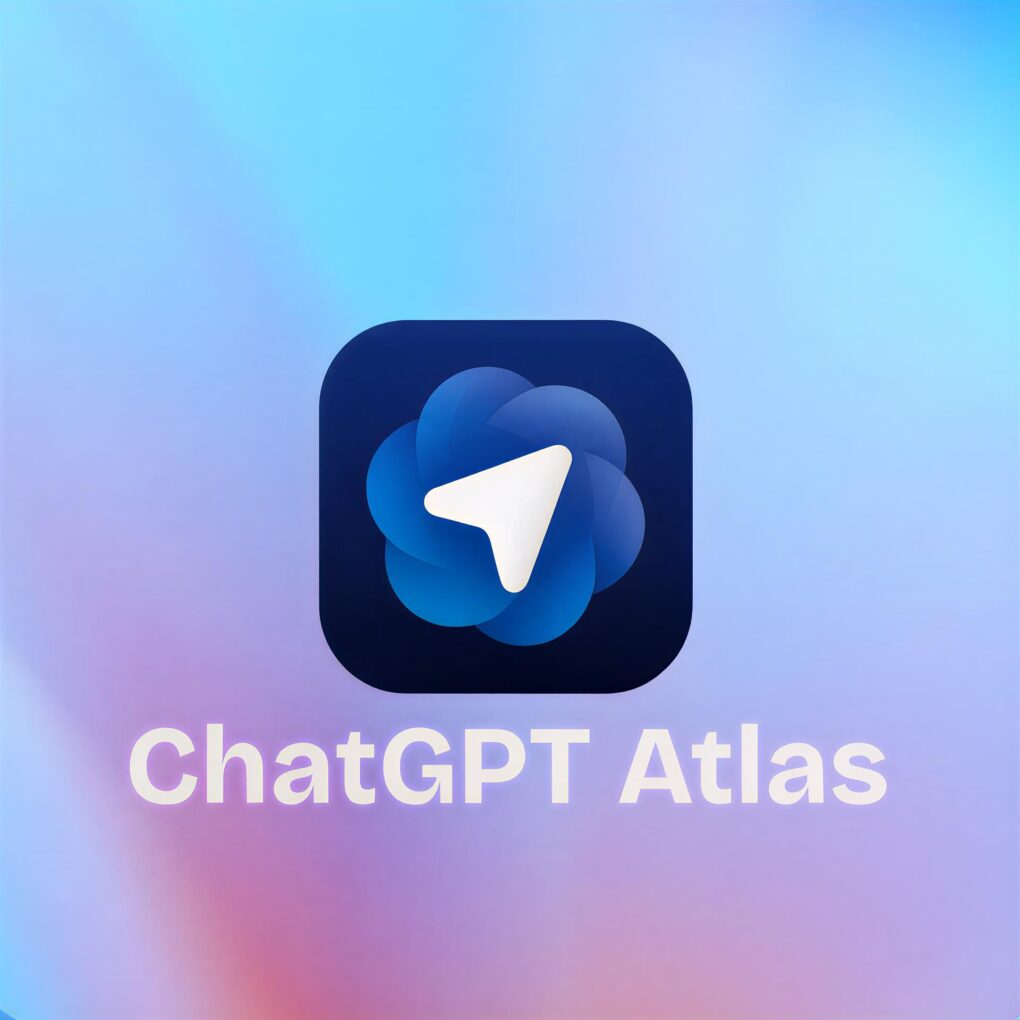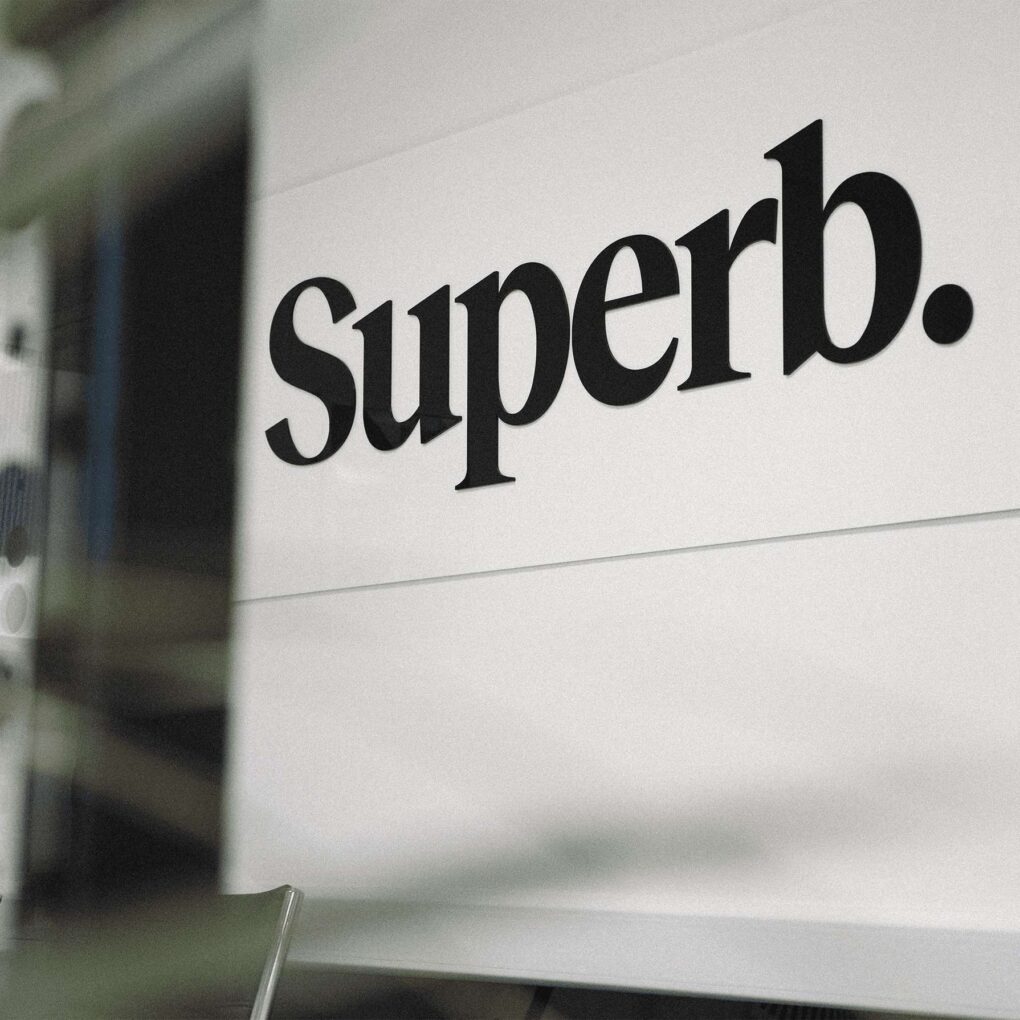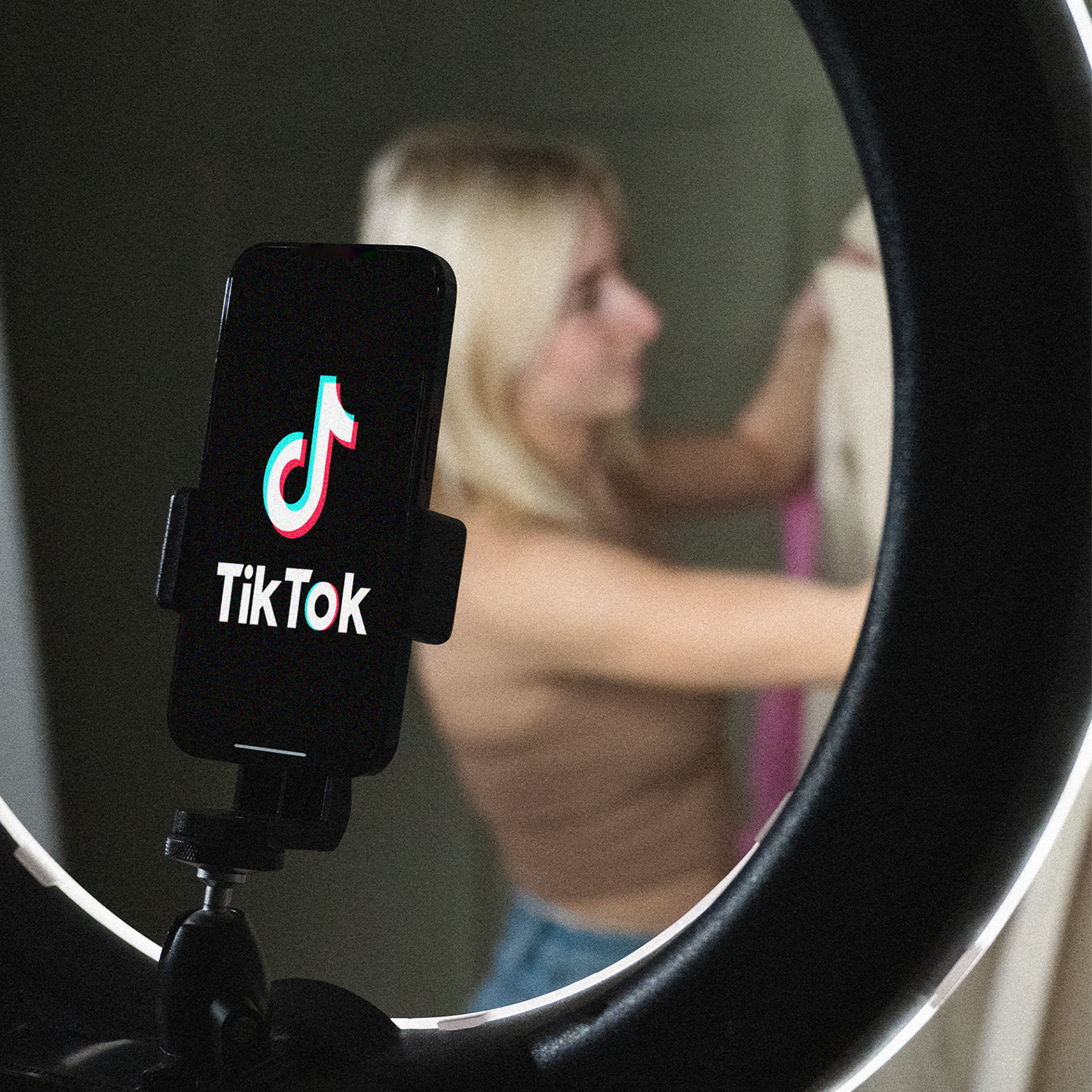When we think of Easter, it’s not hard to summon images of bunnies and chocolate eggs as this spring holiday has come to be one of the recognizable and widely celebrated of the year. Seasonal events are always ideal opportunities for the formulation of dedicated marketing strategies and Easter is no different.
Whether you are seeking a spike in sales following the late winner drop-off once Christmas and New Year are packed away for another year, or simply want to boost brand awareness, it pays to have a well thought out Easter marketing strategy.
Here are a few areas to consider when putting together an effective Easter marketing strategy.
Know the holiday
While images of the Easter bunny and chocolate eggs may immediately spring to mind when you think about Easter, you should also be aware that is primarily a religious holiday for many people. However, overt religious images and references may be a pain point for many of your customers, so although there may be a temptation to tie in the spiritual significance of the holiday, it is more advisable to play it safe and stick with more secular themes.
Many companies feel safer couching their Easter marketing strategy as a broader springtime campaign. In terms of imaging, bunnies, eggs and chicks will serve you well while colour schemes should be soft and pastel. Lush green grass is another image that Easter and spring are readily associated with and you can build themes rebirth and rejuvenation onto these without straying into religious territory. This will help to broaden your audience and make you appear more inclusive.
Establish your Easter goals
Every marketing strategy should start out with a clear objective in mind. While many strategies can set medium and long-term goals, a seasonal Easter marketing campaign must clearly define what sort of ROI they are looking for. Are you aiming for a surge in sales, either to promote new products or shift some existing stock? Do you want to establish some brand association around the holiday or just promote greater brand awareness?
Bear in mind the strategies based around holidays or single events will have a limited shelf-life, so any objective must factor that in. A holiday-based marketing strategy will, therefore, have its goals more clearly defined as to what will constitute success. Not only will this help focus the campaign, but it will also help to inform future marketing strategies based around standalone events.
Consider your social media strategies
Social media is key to any digital marketing strategy these days. It’s one of the less intrusive methods of reaching out to your customers and can also contain effective interactive aspects too.
As different social media platforms appeal to different ages groups and demographics, you need to carefully consider what kind of content you want to host on each one. You can invite customers to send you pictures or videos of Easter crafts or egg hunts if you want to target your marketing campaign at families.
Social media platforms can also be used to host addictive flash games with an Easter theme, which will help promote brand awareness and drive traffic to your accounts and website. You could also consider promoting seasonal giveaways through your social media platforms and this may be an opportunity to carry out some cross-promotion with other brands.
Identify the seasonal trends
What do people do at Easter? That’s a question you need to answer for an Easter marketing campaign to be successful. Like most holidays, such as Christmas and Thanksgiving, Easter is a time when many families get together and share a special meal. Of course, family demographics are an ever-changing landscape, but the traditional gathering remains a valuable focus of an Easter campaign.
Food is obviously at the heart of Easter celebration, whether that be the family meal, or chocolate eggs and candy. If you are not a food provider, this does not mean you can’t base a marketing strategy around eating. Consider how your product or services can help enhance or complement the experience of a family meal, egg hunt or collecting (and eating) candy.
While many aspects of Easter characterize it as a family holiday, it is also seen as younger consumers as a social event. Smartphone use is at its highest among under 35s and with many using apps to do most of their holiday shopping, you will need a marketing strategy which aims to maximize ROIs from this demographic.
Perhaps consider tie-ins with other retailers or bars and clubs to reach that younger market and this is another area where social media can be a potent weapon for you.
Formulate an effective email campaign
Mailing lists are a prized possession for any company, but having a bulging list of addresses is one thing, how you use them to hook customers is another.
Email campaigns can take many forms depending on the aims involved. Some are designed to keep customers informed about what the company is up to and other general developments, such as new blogs and product information while others want to inform them of special offers and events.
Due to its seasonal nature, an Easter email campaign is more likely to focus on special one-off promotions, such as money-off sales. Such an email campaign can start off by reminding customers that Easter is ‘just around the corner’ and tease special offers that are coming, before follow-up emails to increase demands and inform them of when the promotion is starting and finishing, creating a sense of FOMO.
The content of emails needs to contain Easter imagery and artwork to make them stand out from the regular messages that drop into their inbox.








